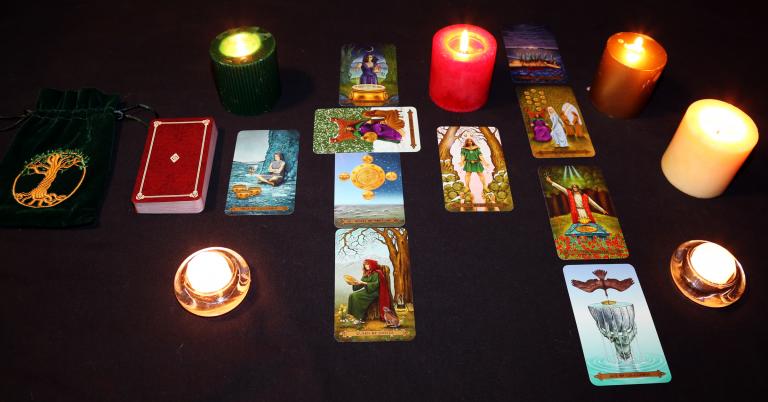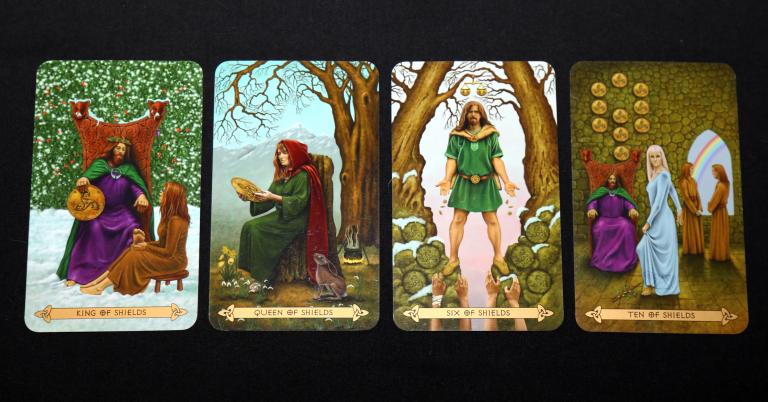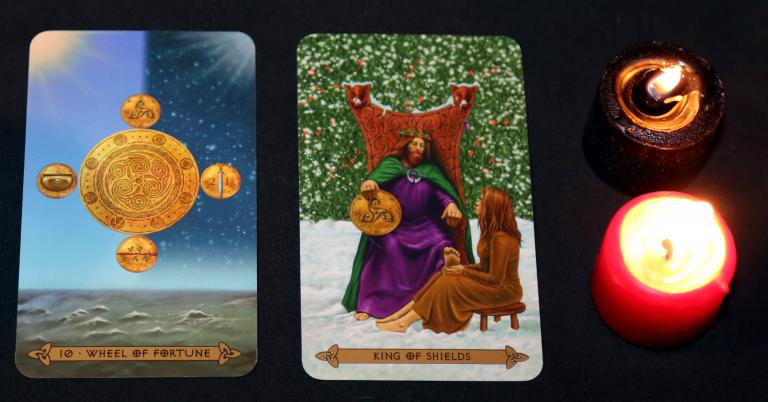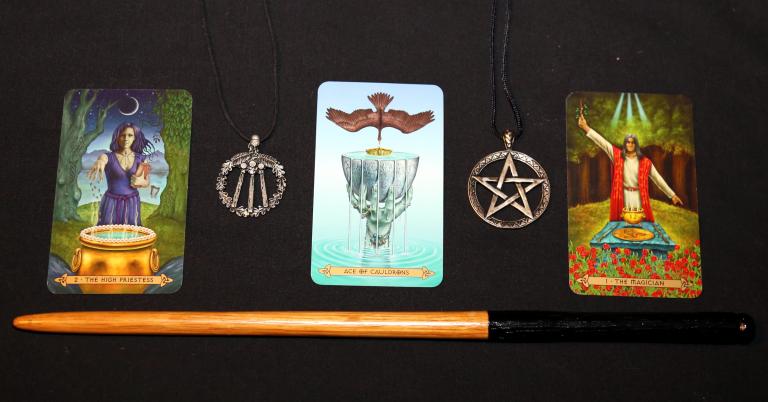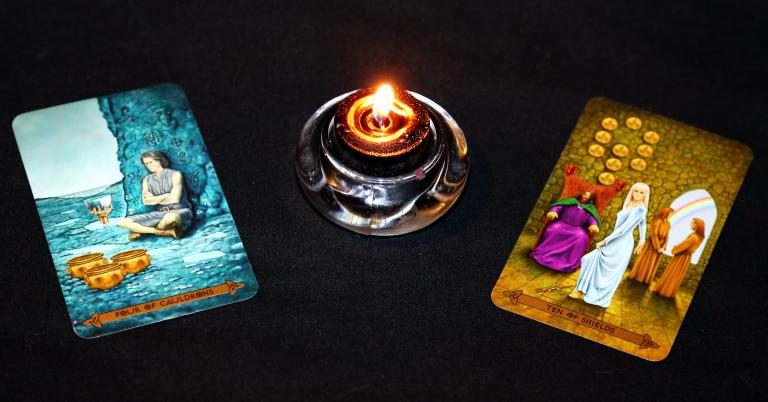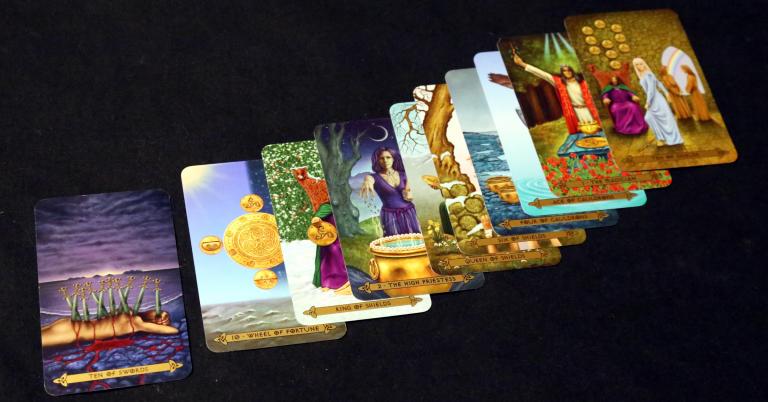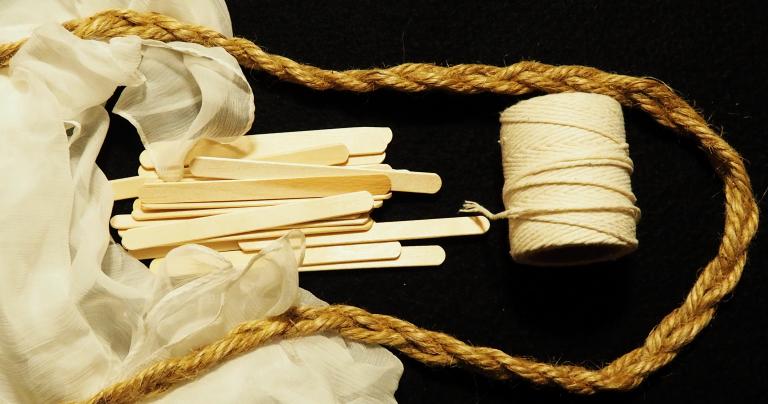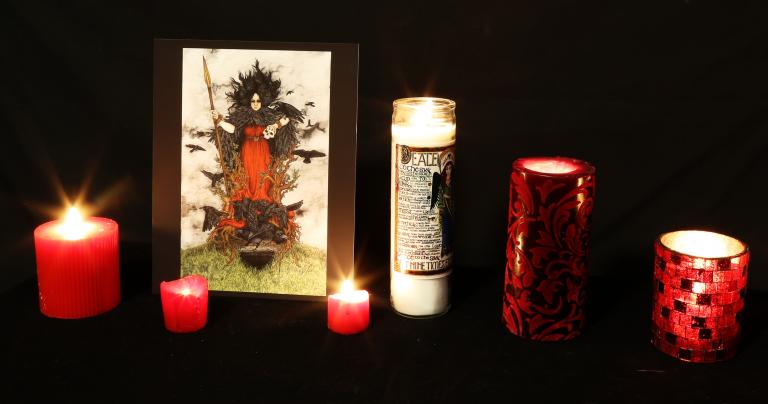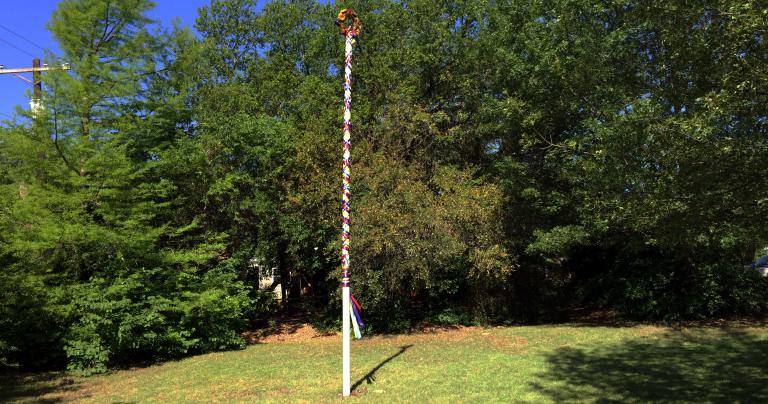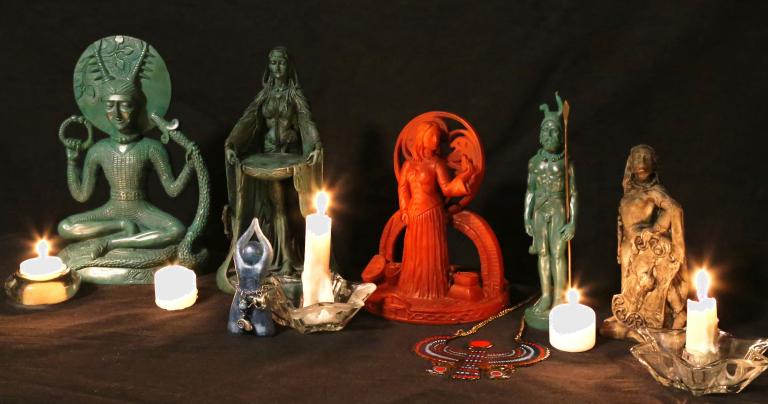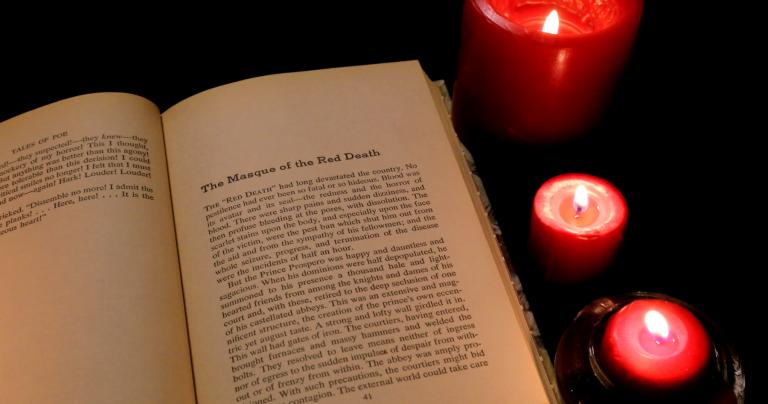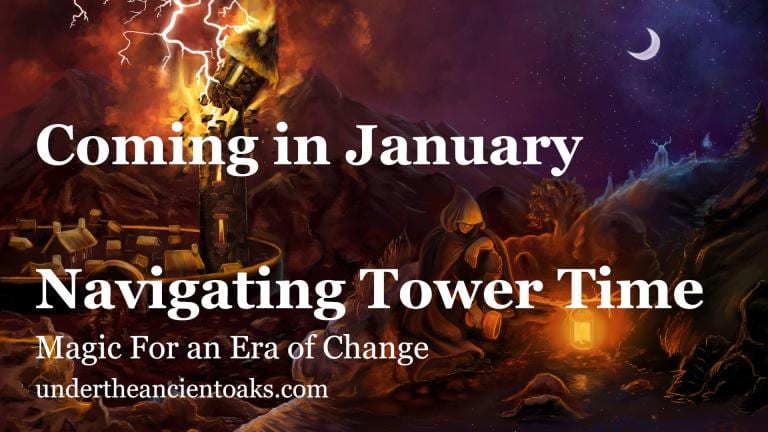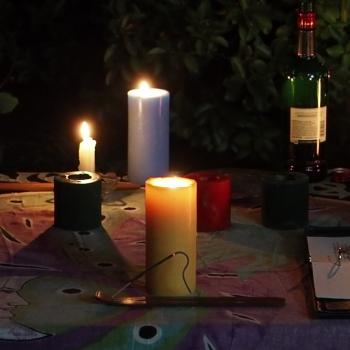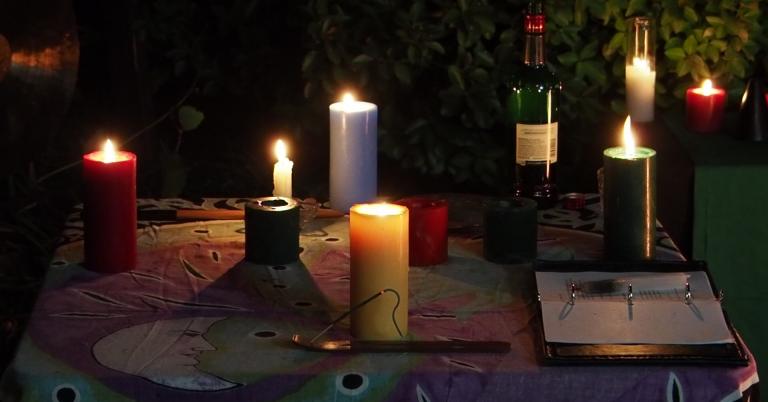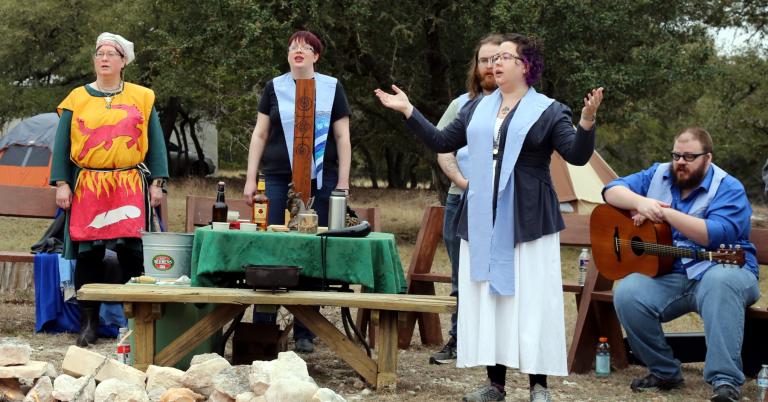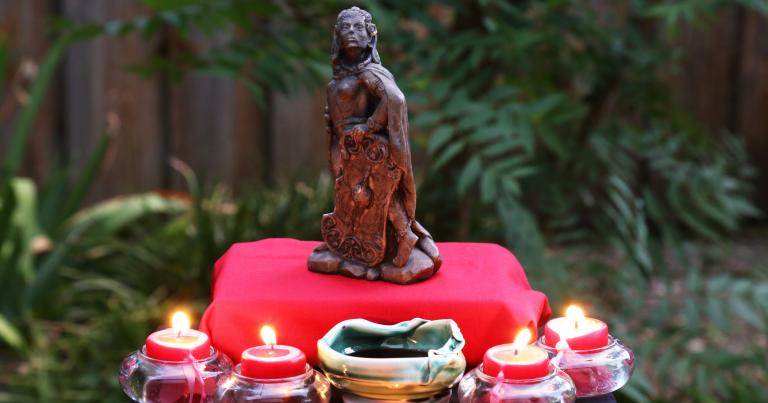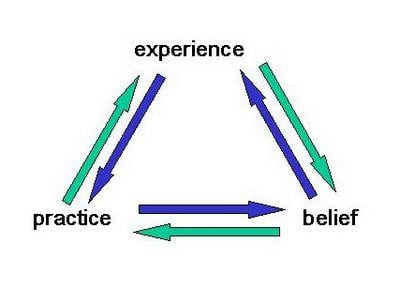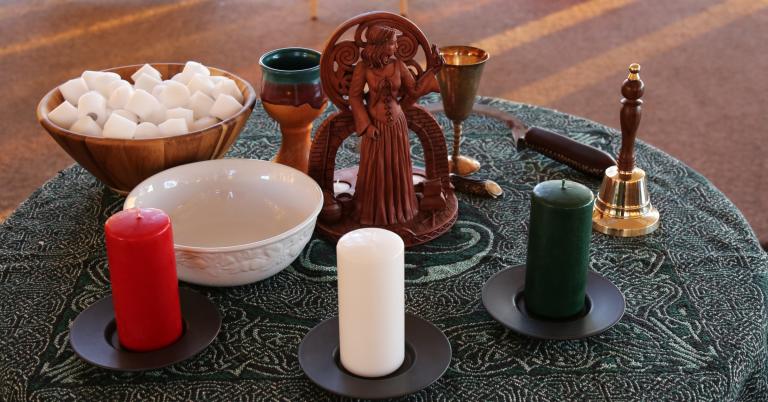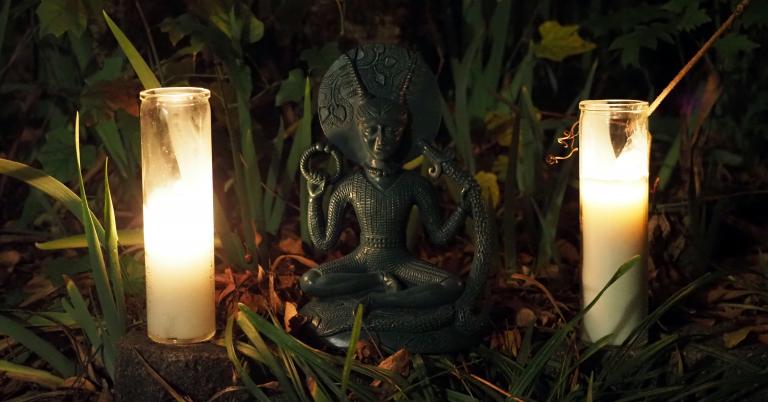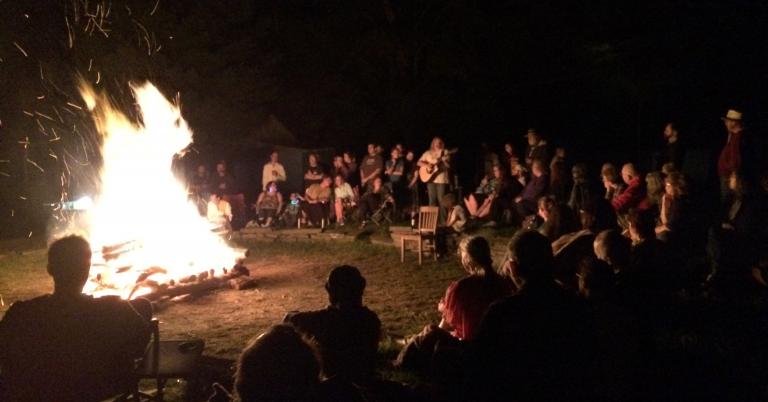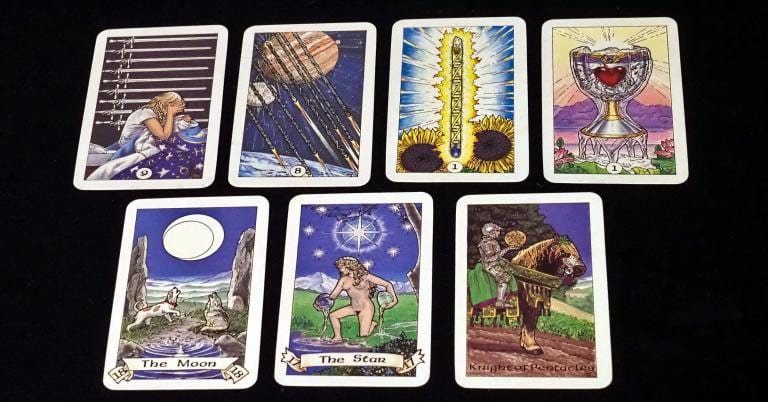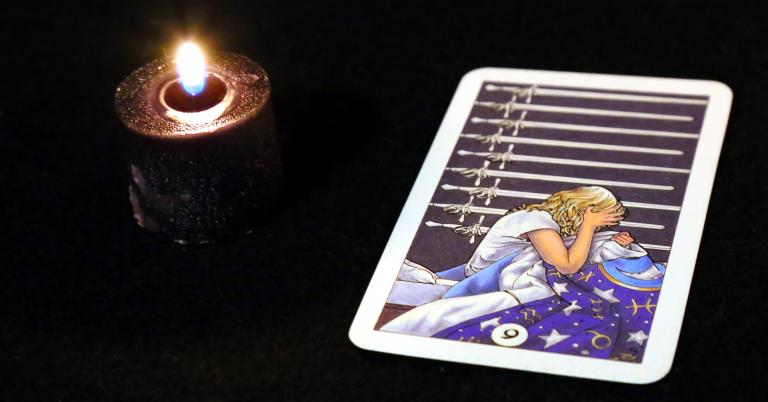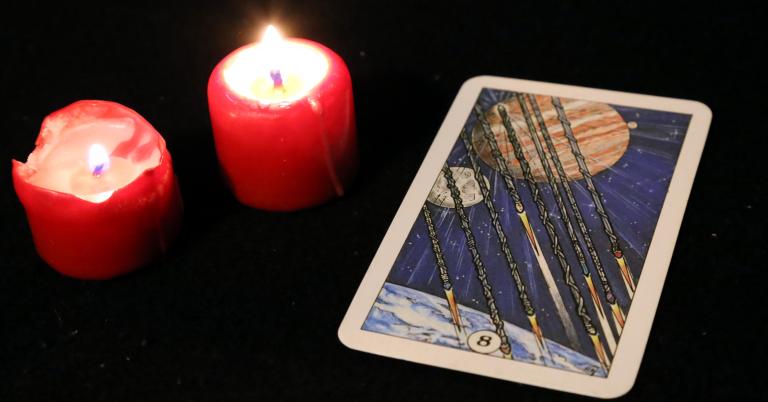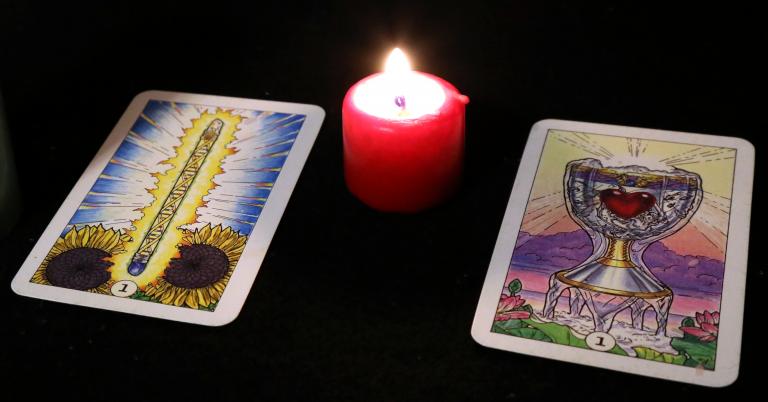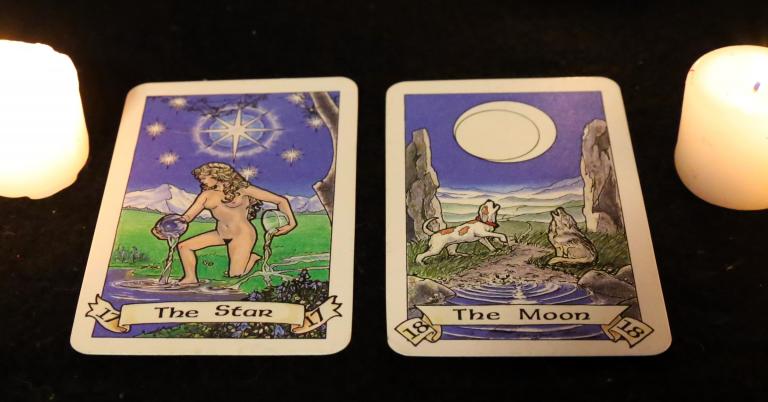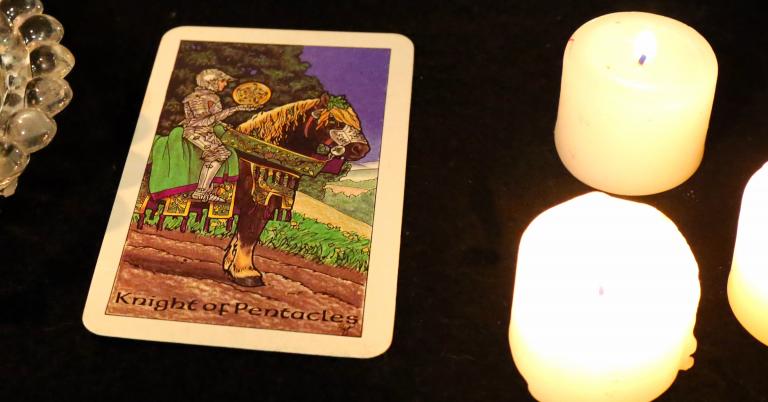If there was ever a time to demonstrate the limitations of doing generic, widely focused divination, it was 2020.
Like magic, divination works best when it’s specific and narrowly focused. When you ask a vague question (“what’s next year going be like?”) you’re going to get a vague answer.
Beyond that, the answers you get require interpretation. Even the wisest of us will only see what we think is possible.
Astrology is generally more useful for spotting big, long-term trends than divination. Still, I know of no astrologers who predicted a world-wide pandemic for 2020. Most talked about “challenges” in a generic sense. A few simply said “this is going to be a very difficult year.”
Late in the year, I heard a couple say “I was afraid to tell people how bad it was going to get.” Divination is an inexact science, and there are ethical issues with giving people very bad news when you can’t be 100% sure you’re right. I was taught “never tell someone their spouse is having an affair” – if you’re wrong, you’ve needlessly damaged a marriage. Same thing with “never predict a death.”
But sometimes the Death card really does mean death.
Looking back on my Divination For 2020, the cards were there to warn us. The Nine of Swords and the Ten of Swords in the same reading was a warning that bad things were coming. I correctly called the need to conjure resources, but I completely missed the context of why we’d need to conjure them. The Six of Swords as the final outcome for the year is very accurate, whether we’re talking politics, the pandemic, or pretty much anything else related to moving on from 2020.
But I literally couldn’t imagine what we would experience in 2020, so I couldn’t see it in the cards.
So why even do large-scale divination?
Broad divination is less like a photograph and more like a jigsaw puzzle. We don’t see the big picture at the beginning. But as pieces fall into place, patterns start to emerge, and we’re better able to figure out what pieces are missing and where they might come in. What I couldn’t see in this reading in January was starting to come into focus by May, and by September it was clear.
Large-scale divination is often less about preparing and more about understanding.
Perhaps the most useful observation in last year’s divination was this:
If you go to the trouble of doing divination or astrological readings or such – or going over the readings of those you trust and respect – take it one step further and keep what you learn in front of you during the year.
And with that, let’s take a look at 2021. For the fourth consecutive year I’m reading with the Celtic Tarot, which seems to speak to me better than any other deck.
My question for the cards was “what does the new year hold for me and mine?” The closer you are to me, the more this applies to you. If you do ritual with me in my back yard, it’s very relevant to you. If you follow a Pagan polytheist path like me, it applies a fair amount. If you’re a casual blog reader, less so. But the fact that you’re reading this post means there’s some connection between you and me, so I would not recommend dismissing it as irrelevant.
Four Shields – much of 2020 will continue
The first thing that stands out is that like last year, there are four Shields (Pentacles in most decks) in this reading – and two of them are the same cards. It’s not unusual (either magically or statistically) to have cards reappear in different readings, but when they do we need to pay close attention.
Last year the Queen and the Six were two of four Shields that advised us to conjure resources and to use them wisely. This year they fall in the “what is passing” positions. But we also have the King of Shields in the “major influence” position and the Ten of Shields in “hopes and fears.”
What we did in 2020 will impact our lives in 2021. That’s hardly a revelation – it’s simple cause and effect. But too many of us are expecting that January 1 (or January 20) will mean an end to our problems. It will not.
What got you through 2020 – caution, commitment, and resourcefulness – will get you through 2021.
The theme for the year: the Wheel of Fortune
Many of my Tarot-reading friends don’t like the Celtic Cross layout. I use it because I’ve found it to be accurate and helpful, especially when the positions are viewed more as guidelines than actual rules.
The first card is “the heart of the matter.” For 2021, that’s the Wheel of Fortune. At its core, this is a card of randomness, of chance, of luck – good, bad, and indifferent – and of opportunity. It reminds us of the limitations of divination: we can only see what is likely to happen, not what will happen.
The King of Shields “crossing it for good or for ill” is a reminder that material resources can moderate the impact of random chance (insert sermon on economic justice here). Make use of what you have, both to survive random difficulties and to take advantage of random opportunities. That will put you in a better position to deal with whatever comes with the next spin of the Wheel.
Identifying and making use of random opportunities will be the difference between surviving 2021 and thriving in 2021.
The work of the year: magic and spiritual depth
Despite the continuities, 2021 will not be a clone of 2020.
Aces are cards of new beginnings. This reading includes the Ace of Cauldrons, and The High Priestess (in the “what you seek” position), who is working with a large simmering cauldron. Immediately over the Ace of Cauldrons in “the environment in which we work” slot is The Magician.
This is the year to own your witchcraft. Yes, mundane problems require mundane effort, but they can be helped with magic. Plus we don’t call it “practicing” witchcraft for nothing – the more you practice, the better you get, and the better results you get. “Whenever you have need of anything” break out your sigils, your herbs and stones, your wand, or your cauldron. Or all of the above.
2021 is also a year for deep spiritual work – the kind of “off the map” Otherworldly journeying that scares people with good sense and attracts some of us like cats to a can opener. I did some of this work last year – I need to do more this year.
Pay attention!
Sometimes the simple “little white book” interpretations are the most accurate. The Four of Cauldrons tells us that when we feel like we’re missing out on something, oftentimes the reason is that we’re not seeing something that’s just at the edge of our perception. I don’t know what this card points to for me, much less for you. I do know it’s a call to pay attention.
Other times, reading the cards requires more knowledge and subtlety. The Ten of Shields is usually understood as a card of completeness and happiness. But in the Celtic Tarot, the woman is Aranrhod. She is about to step over the wand that will cause her to give birth to Lleu Llaw Gyffes and entangle her in a series of conflicts.
Watch your step, especially when you think our difficulties are behind us.
The Ten of Swords, again
I did not want to see the Ten of Swords in “the final outcome” position.
This is the third card that repeats from last year’s reading. I minimized it then – I won’t do that again.
I will say – as always – that the cards show what will be, not what must be. This painful ending can be avoided – individually if not collectively – if we take steps to change course and create a different future.
The other nine cards show the way. Use your resources wisely, especially those you gained in 2020. Pay attention, both to the traps in front of you and to the opportunities that random chance sends your way. Work your magic, diligently and deeply.
I wish I could show you a bright and happy future for the coming year. I started to draw more cards to add clarity to the Ten of Swords – I was told “no!” loudly and clearly.
This is the reading for the coming year. Keep it in front of you. As the pieces start to fall into place, think about what’s likely to come next – and about what you can do to make it work out better for you and yours.



